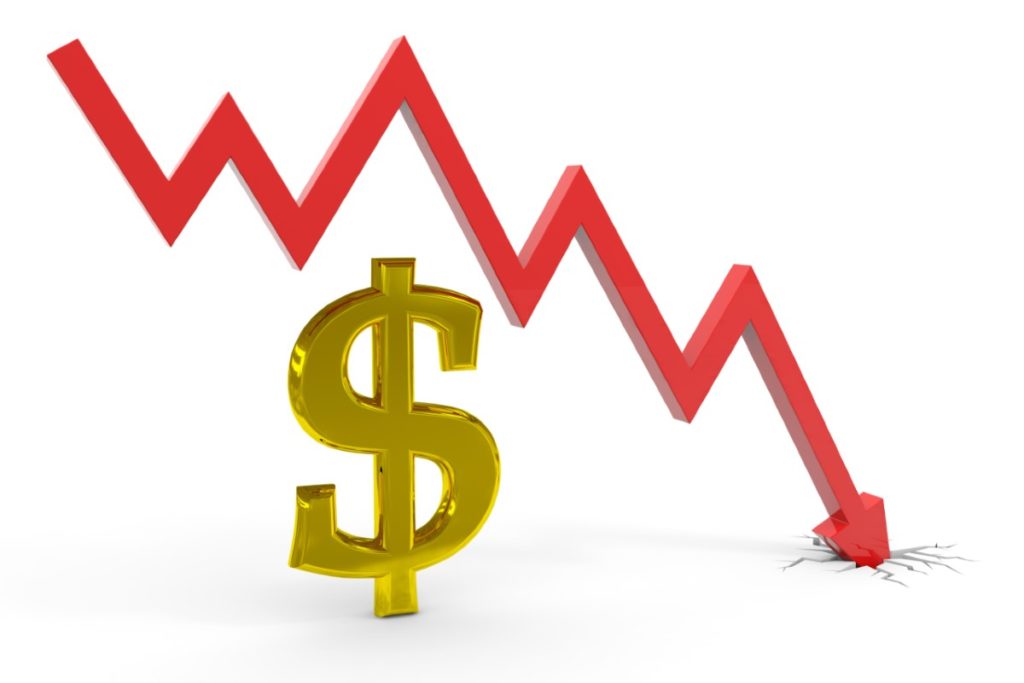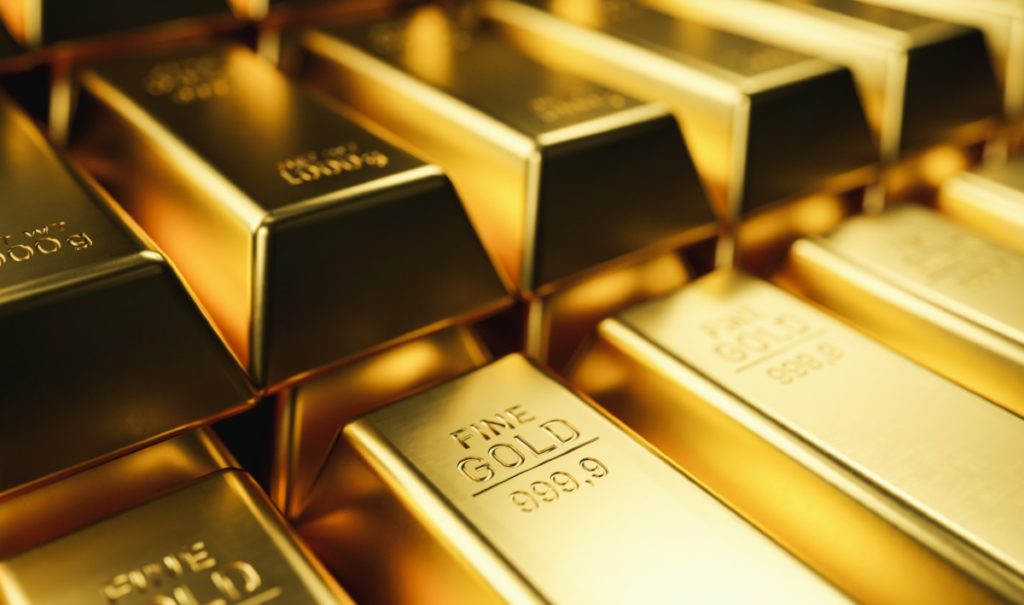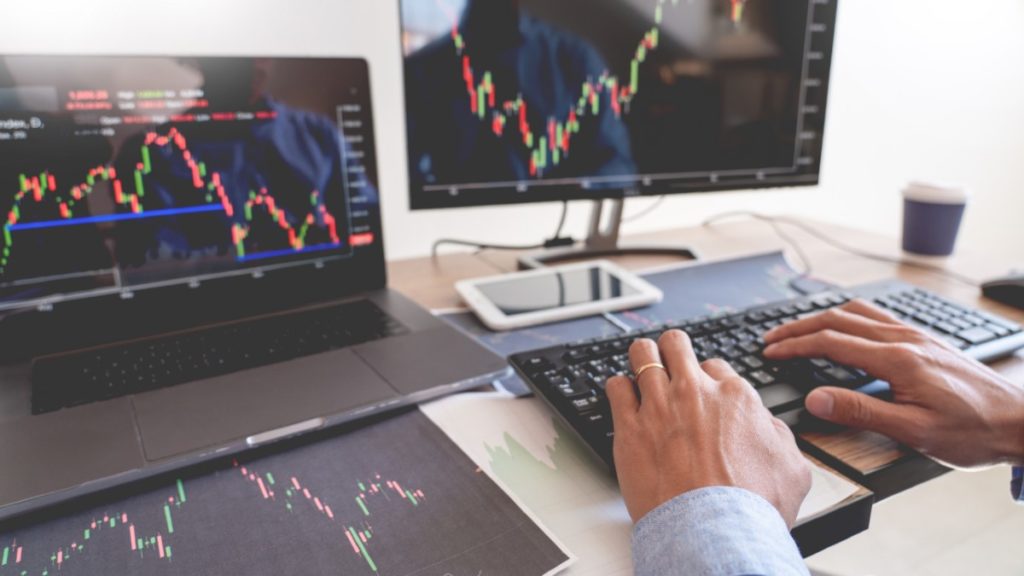Even the whisper of “debase the currency” can bring shivers to Wall Street. But why are we hearing these scary words …. And what does it mean for your investment portfolio?
 In a nutshell, the phrase means that the dollar would lose its value – and status of the dollar as the world’s reserve currency is threatened.
In a nutshell, the phrase means that the dollar would lose its value – and status of the dollar as the world’s reserve currency is threatened.
Warnings are coming from several investment houses that monetary policies – in reaction to the pandemic crisis – will debase currency systems around the globe. For the U.S., that would mean weak growth and a stagnating economy. And in the long term, a loss in the confidence in the dollar as the reigning reserve currency will likely have implications for decades to come.
What’s Sparking Talk of a Debased Currency Now?
In May, JP Morgan warned of the higher risk of a debased currency, citing the rounds of fiscal and monetary stimulus measures created by U.S., EU and other governments. These measures were enacted to keep the economies rolling during the pandemic slowdown.
JP Morgan’s report noted, “If the U.S. continues to suck in capital and fiscal deficits overstate the risks to external financing, the payback via G-10 currencies will be concentrated in those with above average real-rate advantages to the U.S., such as the yen and Swiss franc.”
Then, Goldman Sachs boosted its forecast for the price of gold, and reiterated that gold (NOT the dollar!) will be the currency to rely on in the future.
Gold Prices on the Rise
“Gold is the currency of last resort, particularly in an environment like the current one where governments are debasing their fiat currencies and pushing real interest rates to all-time lows,” wrote the commodity strategists.
 Goldman Sachs predicts that gold prices will push to $2,300 an ounce within 12 months and silver prices rise to $30 an ounce. This is a gain from a previous forecast of $2000 and $22, respectively, by Goldman Sachs.
Goldman Sachs predicts that gold prices will push to $2,300 an ounce within 12 months and silver prices rise to $30 an ounce. This is a gain from a previous forecast of $2000 and $22, respectively, by Goldman Sachs.
These statements are still just dire warnings. The gold market and gold bugs rejoice in this doom-ridden climate; bad times are good for gold after all.
Other folks who are on the gold train include Steve Forbes, who warned:
When gold moves up, smart investors pay attention. The yellow metal today is up about 60% where it was two years ago. It has jumped smartly in recent days. The surge is a warning. The Federal Reserve, America’s central bank, is starting to create too much money. And if this continues, we’ll face a serious financial and economic crisis, perhaps as soon as next year.
Gold prices have surged from around $1500/oz in early January to $1900 in late July. There are debates about whether it will go over $2000, though, anytime soon.
Dollar is Slipping
Still, it will clearly be a time of tumult in the forex market, as traders try to hedge their bets amid the chaos of 2020.
The dollar has been taking a hit – as it loses against value to the Euro.
The DXY Index, which measures the dollar in pairs against the yen, pound and Euro, is showing a 3.7% drop. The US dollar in the index has fallen to two-year lows, while the EU continues to gain. It does not help that the EU has created its own stimulus/recovery plan – while starting to emerge from the pandemic lockdowns. The EU is looking stronger against the U.S. dollar as a result.
Risks and Uncertainty
 These warnings come as U.S. fiscal policy is debated (and Congress wrestles over another stimulus package). Do we risk higher inflation, and create more debt? Or let the economy continue to nosedive? An upcoming election makes the rhetoric even nastier – and doomsday-ier. The Federal Reserve at this point has cut rates to nearly zero, and continues with its bond-buying spree.
These warnings come as U.S. fiscal policy is debated (and Congress wrestles over another stimulus package). Do we risk higher inflation, and create more debt? Or let the economy continue to nosedive? An upcoming election makes the rhetoric even nastier – and doomsday-ier. The Federal Reserve at this point has cut rates to nearly zero, and continues with its bond-buying spree.
Amid this turmoil, some opportunities exist for investment strategies that take advantage of the weaker dollar and possibly higher inflation. A weaker dollar is not necessarily the worst news; it makes it easier for overseas customers to buy U.S. goods. Large multinational companies that earn most of their revenues overseas might enjoy advantages.
A Steady Hand
There is a need for a steady hand on your investments to withstand all this sound and fury, signifying nothing. Talk to our team at Stableford about making changes to your portfolio, and for more in-depth analysis during these interesting times, request a trial subscription to our digital market blast.
